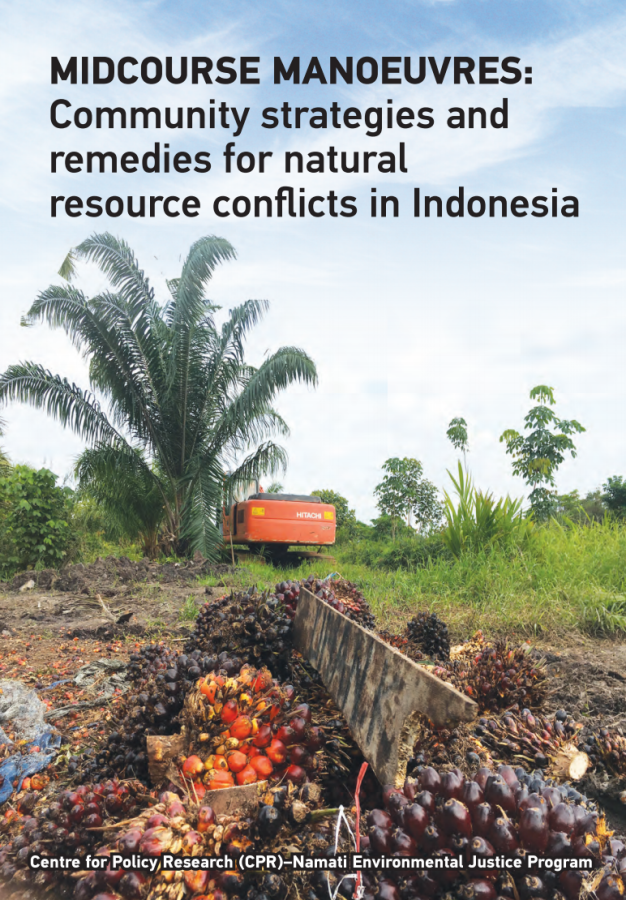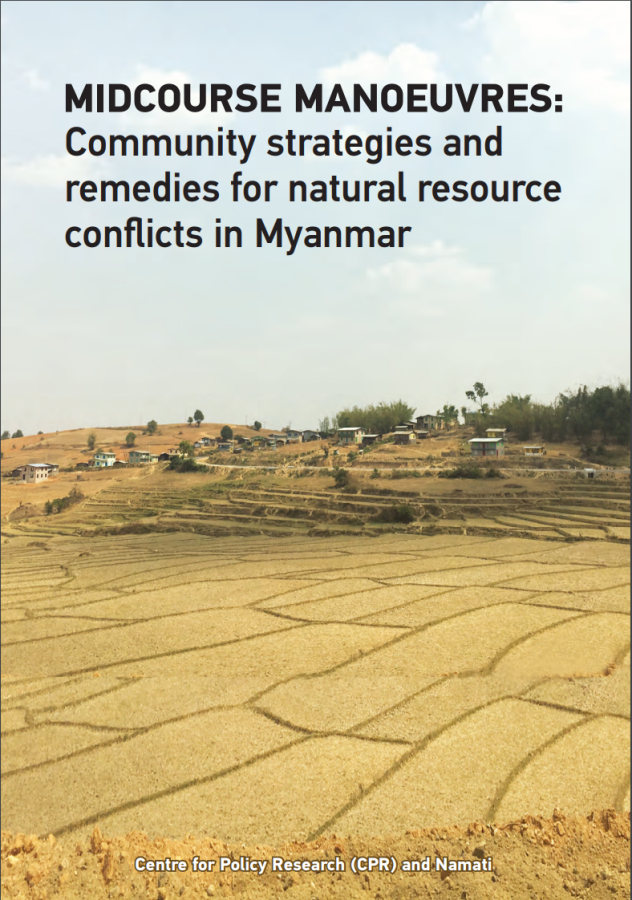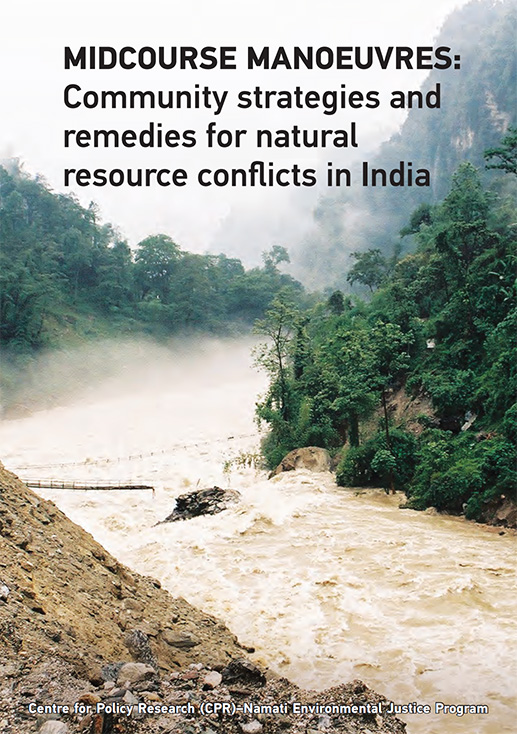Namati: Innovations in Legal Empowerment
Namati is an international organization that tests the potential of legal empowerment through innovative interventions and research. Through our work, we seek a better understanding of the impacts of legal empowerment and the most effective mechanisms for achieving them.
As a means of cultivating a more robust movement for legal empowerment, Namati also hosts a growing Global Legal Empowerment Network of practitioners and supporters. Network members are active in every continent in the world, whereas Namati’s programs and research focus on exploring the potential of legal empowerment in specific countries, including Sierra Leone, India, Liberia, Mozambique, and Uganda.
Mission: Building a movement of grassroots legal advocates
Resources
Displaying 16 - 20 of 69Community-Investor Negotiation Guide 1: Preparing in Advance for Potential Investors
Deciding whether or not to allow an investor to use community lands and natural resources is one of the most important decisions a community can make.
When negotiations are conducted fairly and inclusively, investments may result in the creation of jobs, provision of much-needed infrastructure such as schools, roads and clinics, and rental payments that have the potential to support the community’s long-term prosperity and wellbeing.
Midcourse Manoeuvres: Community Strategies and Remedies for Natural Resource Conflicts in Indonesia
Over the last 50 years, most Asian countries have gone through a shift from subsistence agricultural systems to industrialized economies. In Indonesia, the major shift came in 1966, when General Suharto successfully staged a military coup. Under his presidency, Indonesia experienced the “New Order”. A key aspect of this regime was trade and industrial expansion. Changes were made to foreign and domestic investment laws to facilitate growth, including the removal of most controls on private investments.
Midcourse Manoeuvres: Community Strategies and Remedies for Natural Resource Conflicts in Myanmar
Since the 1960s, and particularly in the last decade, Southeast Asia has been attracting significant foreign investments. Myanmar, despite its land titling and registration tangles, is no exception. Investors all across the globe are vying for a piece of the “Golden Land” and the country is responding with equal fervor. The building of a modern industrialized nation through agricultural development is one of the country's economic objectives. Foreign investments are being encouraged, private businesses are being pushed, and attractive tax and duty rebates are being offered.
Midcourse Manoeuvres: Community Strategies and Remedies for Natural Resource Conflicts in Myanmar
Since the 1960s, and particularly in the last decade, Southeast Asia has been attracting significant foreign investments. Myanmar, despite its land titling and registration tangles, is no exception. Investors all across the globe are vying for a piece of the “Golden Land” and the country is responding with equal fervor. The building of a modern industrialized nation through agricultural development is one of the country's economic objectives. Foreign investments are being encouraged, private businesses are being pushed, and attractive tax and duty rebates are being offered.
Midcourse Manoeuvres: Community Strategies and Remedies for Natural Resource Conflicts in India
Successive governments in India have emphasized the need for industrial expansion and privatization as the foundation for economic stability and growth. This focus has led to the policy-induced transformation of rural and peri-urban landscapes into use for industry and infrastructure. These transformations have caused social conflicts and ecological impacts for land and resource-dependent people.







